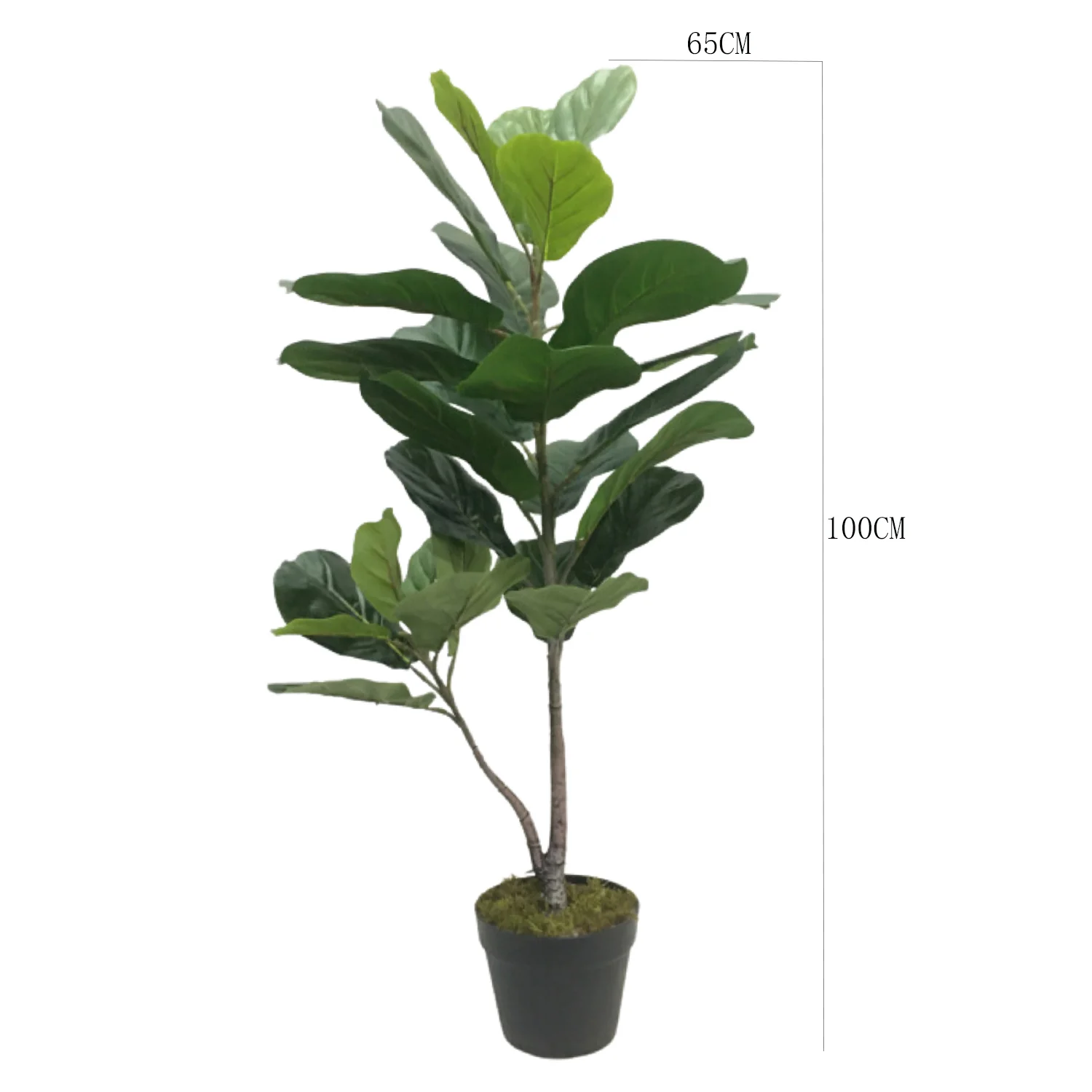Unveiling the Mystery: Why Does My Sensor Light Turn Off So Quickly?
2 min readSensor lights have become an integral part of our daily lives, providing convenience, security, and energy efficiency. However, it can be frustrating when these lights turn off too quickly, leaving us in the dark. In this blog post, we will delve into the reasons behind this issue and provide practical solutions to ensure your sensor lights stay on when needed.
- Understanding Sensor Light Technology:
To comprehend why sensor lights turn off quickly, it is crucial to grasp the underlying technology. Sensor lights utilize various types of sensors, such as infrared, ultrasonic, or microwave, to detect motion or changes in the environment. These sensors trigger the light to turn on, but they also play a role in determining when the light should turn off. - Sensitivity Settings:
One common reason for sensor lights turning off too quickly is the sensitivity settings. Manufacturers often pre-set the sensitivity level to a moderate value, which may not suit every environment. Factors such as the size of the detection area, ambient temperature, and nearby objects can affect the sensitivity. Adjusting the sensitivity settings according to your specific requirements can help prevent premature light turn-offs. - Range and Coverage:
Another factor influencing the duration of sensor light activation is the range and coverage area. If the sensor's range is too short or the coverage area is limited, the light may turn off before you reach your desired destination. Consider checking the specifications of your sensor light and ensure it covers the necessary distance and area for your needs. - Environmental Factors:
Environmental conditions can also impact the performance of sensor lights. Extreme temperatures, heavy rain, or strong winds may trigger false detections or interfere with the sensor's functionality. Regularly inspecting and maintaining your sensor lights, including cleaning the sensors and protecting them from harsh weather conditions, can help mitigate these issues. - Power Supply and Wiring:
Inadequate power supply or faulty wiring can cause sensor lights to malfunction. Insufficient voltage or loose connections may result in intermittent power to the sensors, leading to premature light turn-offs. It is essential to ensure a stable power source and properly installed wiring to avoid such problems. - Interference from Other Light Sources:
Sensor lights can be sensitive to other light sources, especially those emitting similar wavelengths. Nearby streetlights, car headlights, or even reflections from windows can confuse the sensors and cause the light to turn off unexpectedly. Adjusting the positioning of the sensor or shielding it from external light sources can help minimize interference.
Conclusion:
The quick turn-off of sensor lights can be attributed to various factors, including sensitivity settings, range and coverage, environmental conditions, power supply, wiring, and interference from other light sources. By understanding these factors and implementing the appropriate solutions, you can ensure your sensor lights stay on when needed, providing the desired convenience and security.

